Iran's top medical association slams Lancet over 'false' information in ‘politically-motivated’ article
Iran’s Academy of Medical Sciences has decried the British medical journal, The Lancet, for republishing a “politically-motivated” article containing “false” information on the death of a young Iranian woman last year.
“We are very disappointed to see the republishing of completely false information about the Islamic Republic of Iran, especially regarding doctors and the health service delivery system, in a magazine that is known as a scientific magazine,” Seyed Alireza Marandi, the president of Academy of Medical Sciences, said in a letter sent to Richard Horton, the editor-in-chief of The Lancet.
That came as an article published by The Lancet last week claimed that the 22-year-old woman Mahsa Amini, who had been taken to a police station in Tehran to receive educational training on Hijab and dress code rules, died on September 16, 2022 “after being arrested, tortured, and beaten”.
That’s while CCTV footage released by police showed how Amini suddenly collapsed on the ground in the police station and then put into an ambulance to be transferred to the hospital.
Iran’s Legal Medicine Organization also confirmed that her death, which was followed by foreign-backed riots last year, was caused by an illness rather than alleged blows to the head or other vital body organs.
The Academy of Medical Sciences stressed that the article was politically-motivated and “doesn’t have any scientific documentation”.
“It seems that there are material and political interests in writing such false reports, which question the scientific value of the journal,” Marandi wrote in the letter.
“As I wrote to you in the previous letter, if the accusations mentioned in that article were supposed to be based on science, they would at least been quoted from sources that are not utterly hostile to our people and country,” he added, referring to his first letter, dated November 14, 2022, that he sent after the article was first published by the journal.
The letter described the article as “an insult to the community of health care and services providers.”
“The Academy of Medical Sciences of the Islamic Republic of Iran, which consists of educated scientists and leading professors of the country’s medical sciences universities, considers the contents of the article to be completely false and based on material and political interests of those involved in its publication.”
In the letter, Marandi called on the magazine to issue “a correction” over the article “as swiftly as possible.”
He also urged the publication to instead highlight facts such as the “serious damage” caused to the health of Iranian people by the “cruel sanctions imposed by the United States and the West” against the Islamic Republic, as well as the role played by Western countries, including the US, in chemical attacks conducted by former Iraqi dictator Saddam Hussein against Iranians during the 1980-88 imposed war on Iran.
VIDEO | Press TV's news headlines
VIDEO | Istanbul demonstrators voice support for Iran amid US tensions
VIDEO | Israeli settlers attack Palestinian Bedouin community, injure 13
Palestinian Ambassador’s residence in Tehran attacked amid terror wave
Syria's HTS regime agrees to truce with SDF after its troops advance
EU mulls over $100bn in US retaliatory tariffs over Greenland
VIDEO | Trump's presence sparks major protests at Davos Forum
President Pezeshkian vows historical Iran-Iraq relations will remain stable


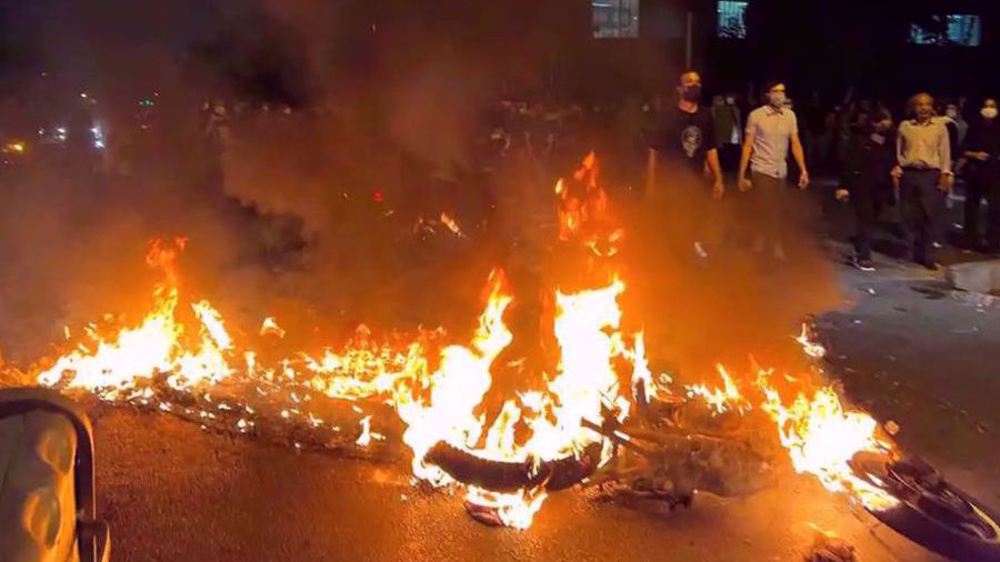
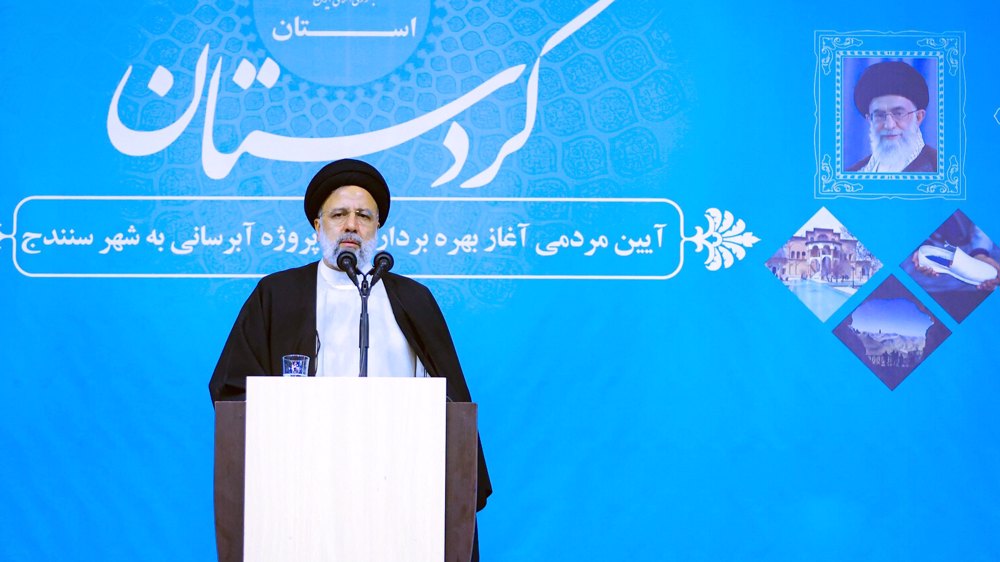
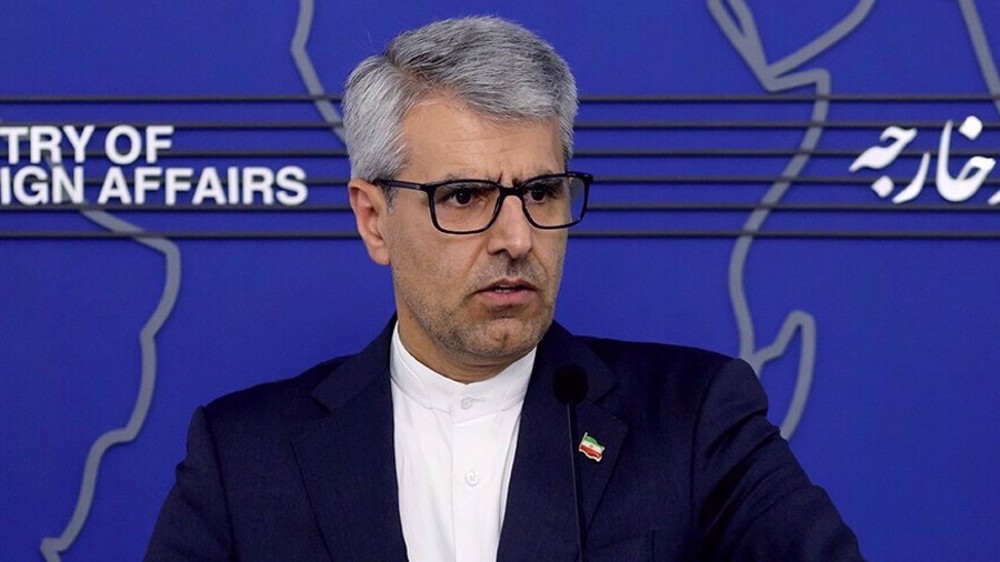
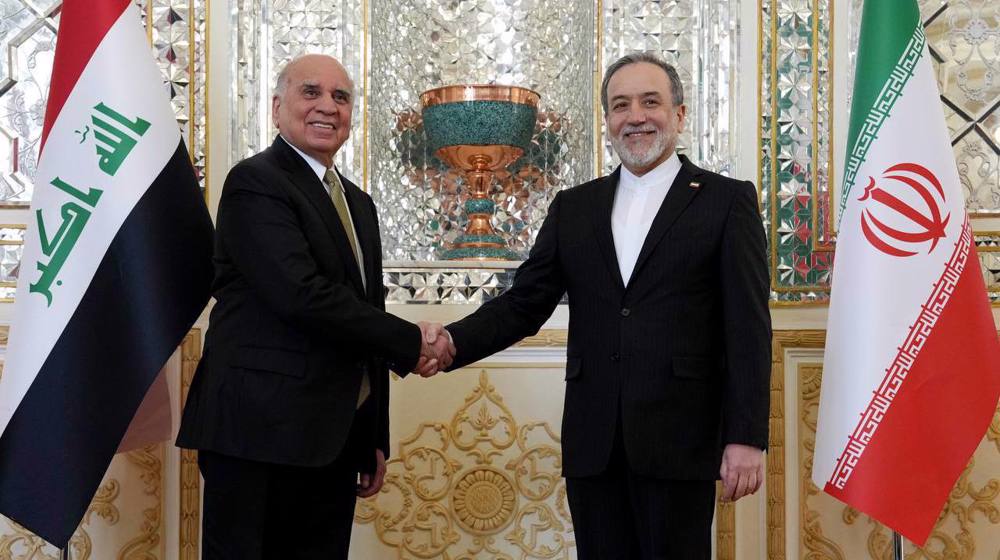
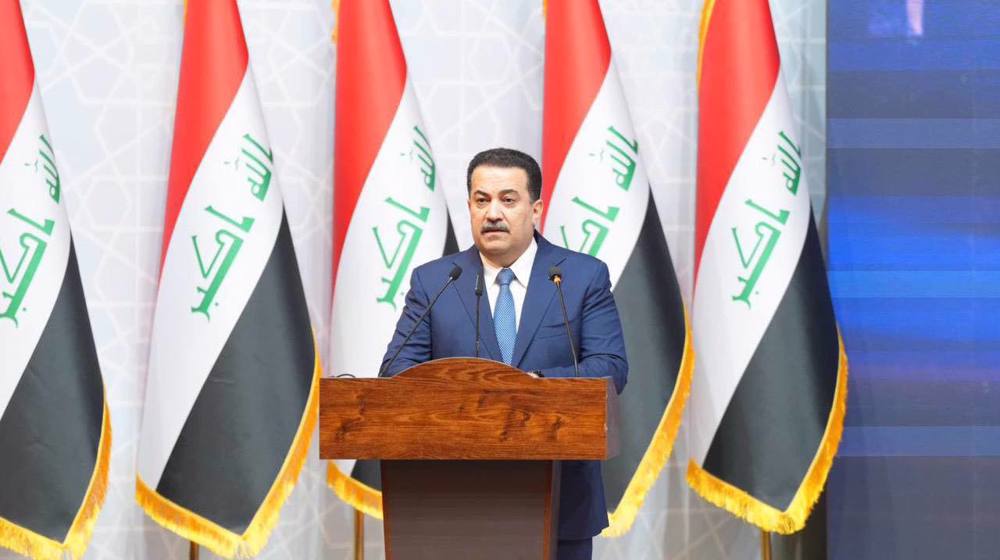



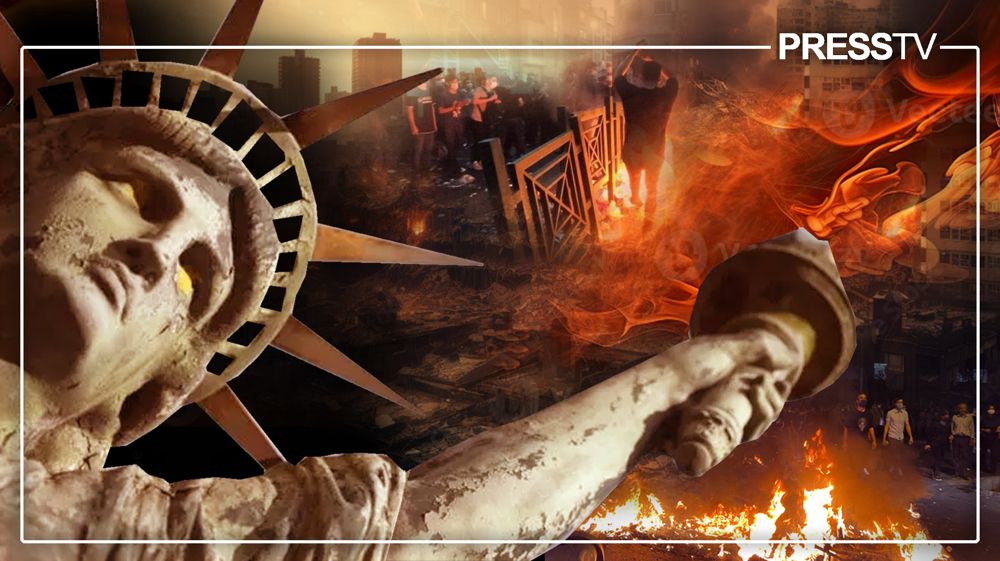


 This makes it easy to access the Press TV website
This makes it easy to access the Press TV website